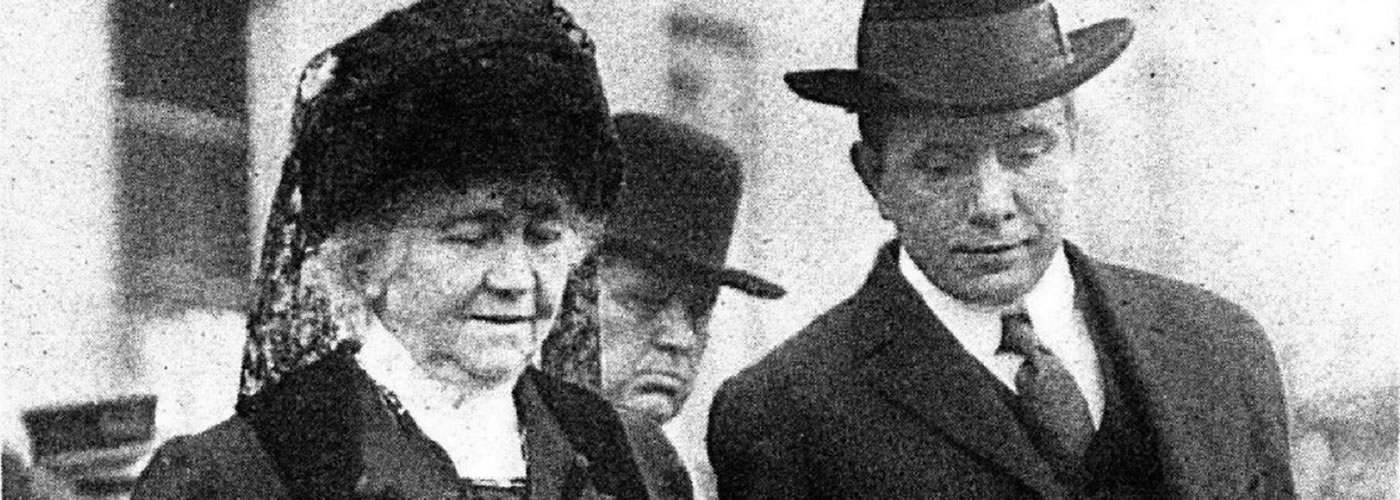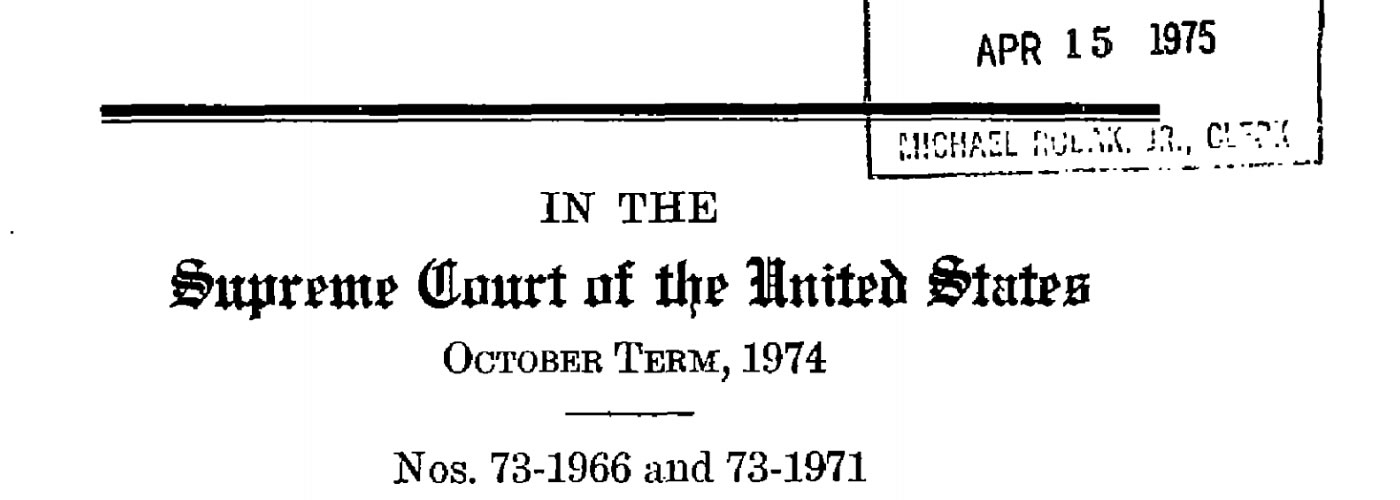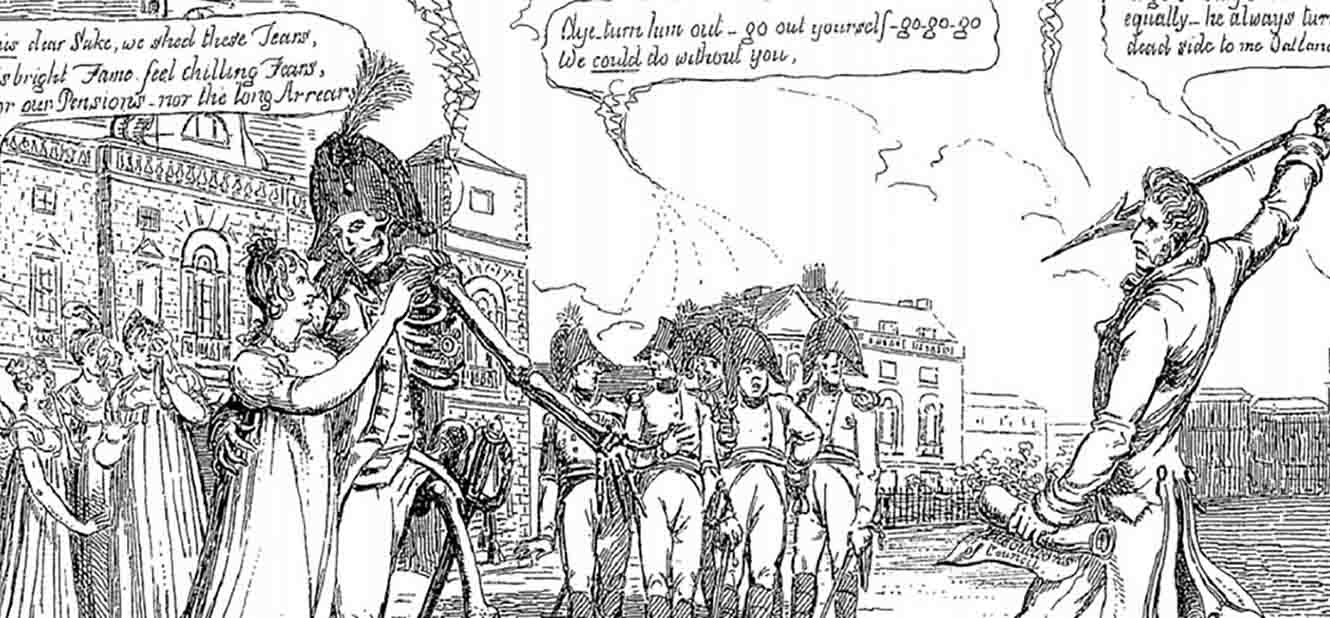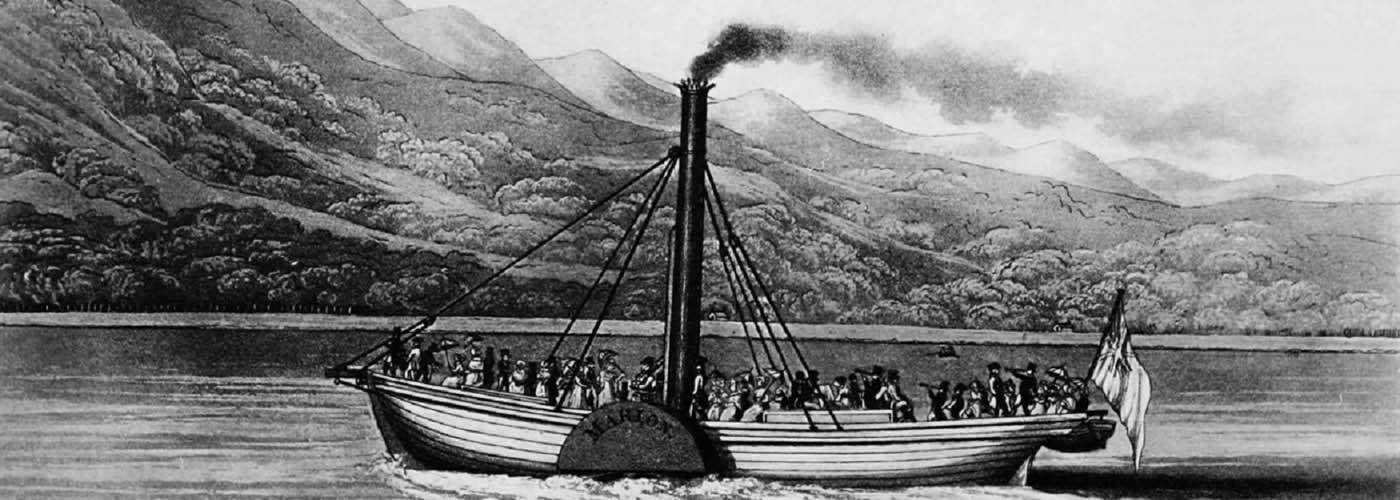Access state and municipal codes and other documents that tell the story of three centuries of American legal history.
The Making of Modern Law: Primary Sources, Part II, 1763-1970 supports far-reaching research in legal and social history, from the eighteenth century to the era following World War II. Consisting of US state and territorial codes, municipal codes, and constitutional conventions and compilations, students and scholars of America's common-law heritage will find this resource invaluable for tracing major legal topics across all states and territories.The term "primary sources" is used not in the historian's sense of a manuscript, letter or diary, but rather in the legal sense of a case, statute or regulation. The Making of Modern Law: Primary Sources, Part II, 1763-1970 brings together in one place many of the important documents that had been lost, destroyed, or previously inaccessible to researchers of American legal history around the world.
Topics addressed in this collection include:
- Debate over slavery and race law after Reconstruction
- Due process
- Native American & US Government Relations
- African Americans and women's right to vote
- Progressive Era and New Deal legislation
- Crime and punishment (penal codes)
- Health and safety codes
- Business and corporate law
- Revenue and taxation
- Welfare and labor
- Military and veterans affairs
- Education and school systems
- Transportation
Look Inside
Additional Details
subjects covered
- Law & Legal Studies
- U.S. History
Platform Features & Tools
Term Frequency
It allows researchers to see the frequency of search terms within content sets to identify central themes and assess how people, places, events and ideas interact and develop over time.
Buscador de temas
Esta herramienta agrupa los temas más comunes y revela conexiones ocultas entre los términos de búsqueda, lo que ayuda a dar forma a la investigación integrando contenidos diversos con información relevante.
Búsquedas simultáneas
Busca al mismo tiempo dentro de los productos complementarios de fuentes primarias, incluidos los ebooks, a través de un entorno de búsqueda unificado que posibilita nuevas e innovadoras conexiones de investigación.


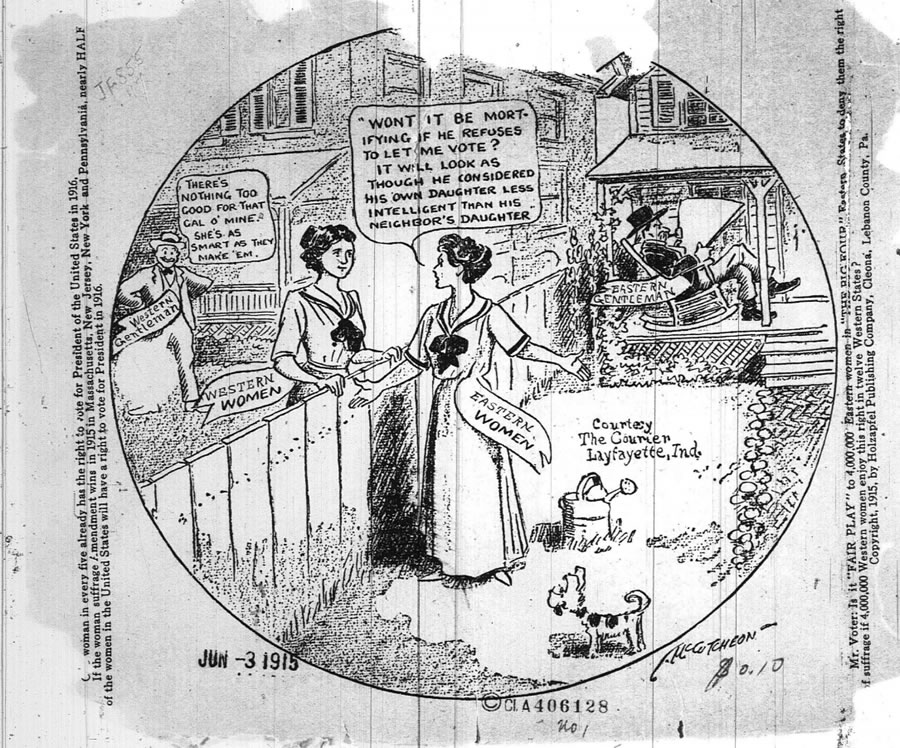
![Source: Moore, Edwin Abner. The Code of the District of Columbia (To March 4, 1929) a Consolidation and Codification of the Laws, General and Permanent in their Nature, Relating to or in Force in the District of Columbia, Except Such Laws as are of Application in the District of Columbia by Reason of Being Laws of the United States General and Permanent in their Nature [With Ancillaries and Index]Washington, 1930.](/binaries/content/gallery/gale-us-en/look-inside-images/primary-sources/the-making-of-modern-law/gps_moml_primary_sources_p2_academic_lookinside2.jpg)
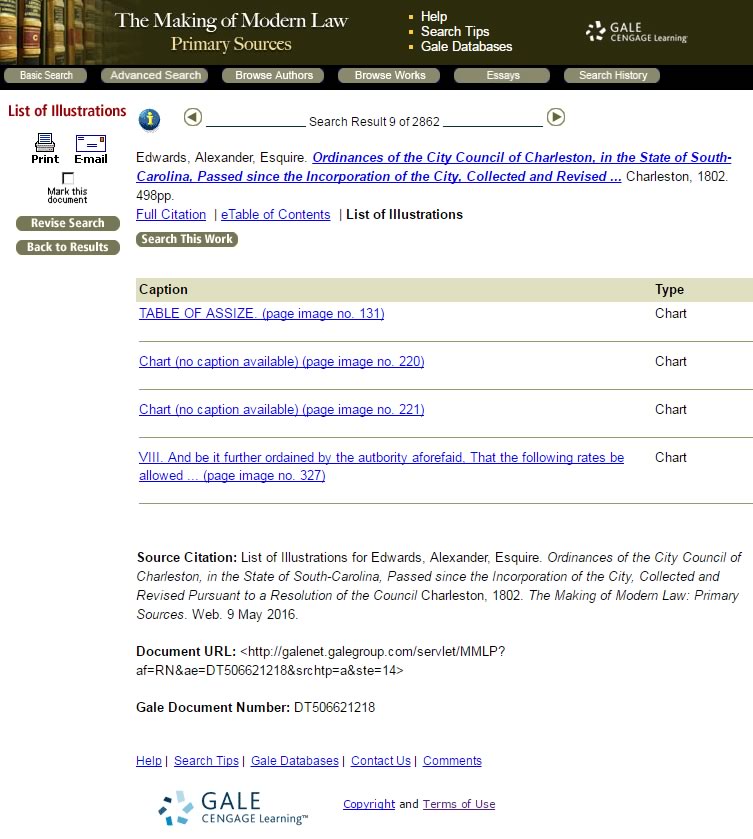
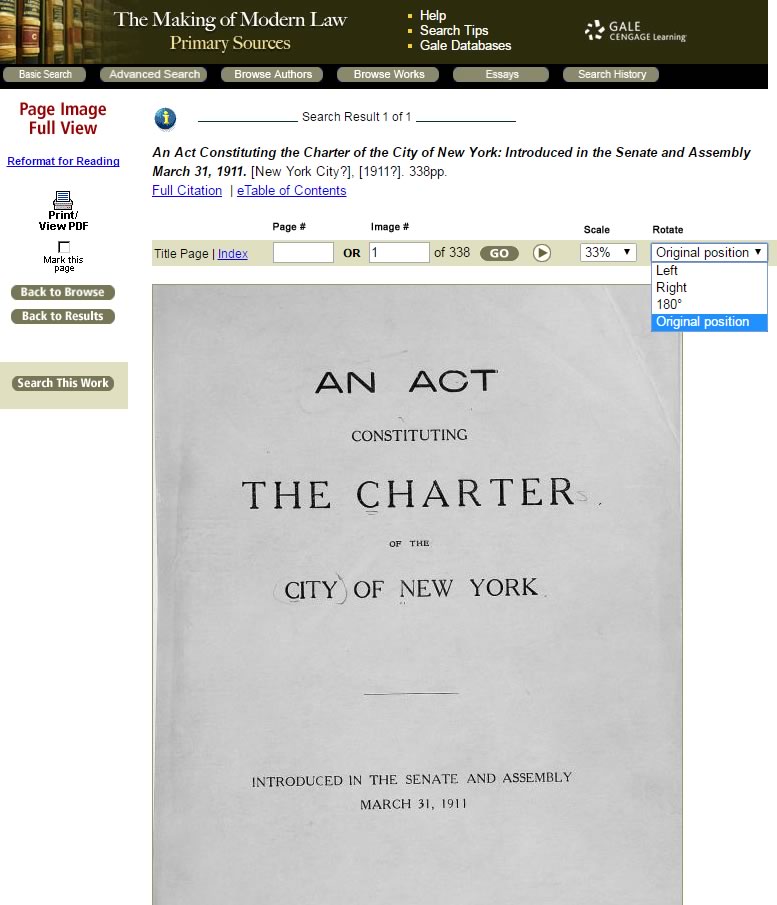
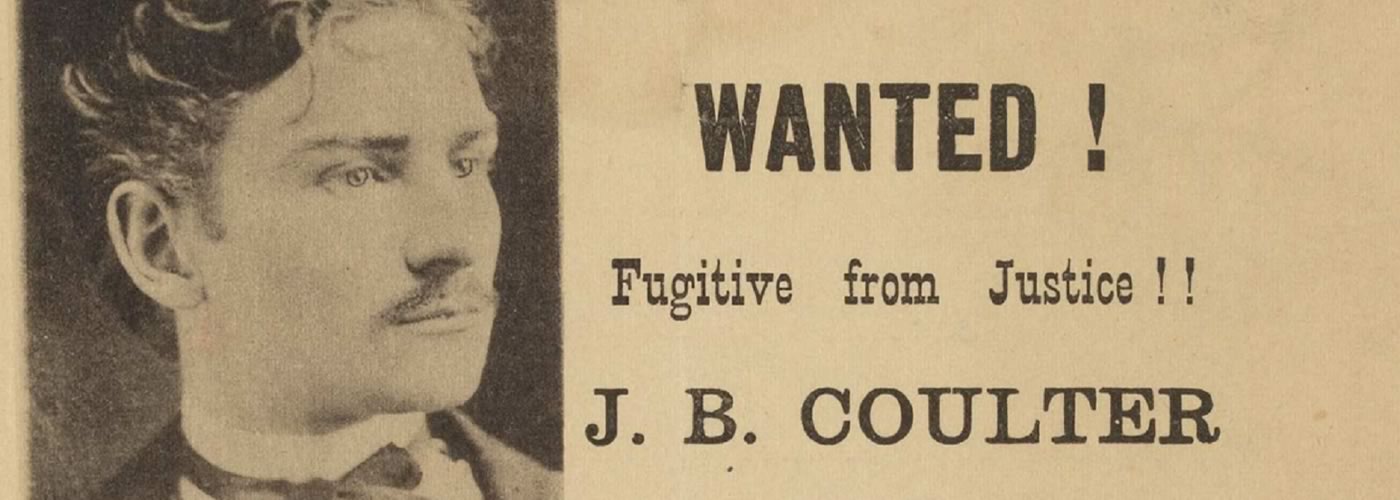
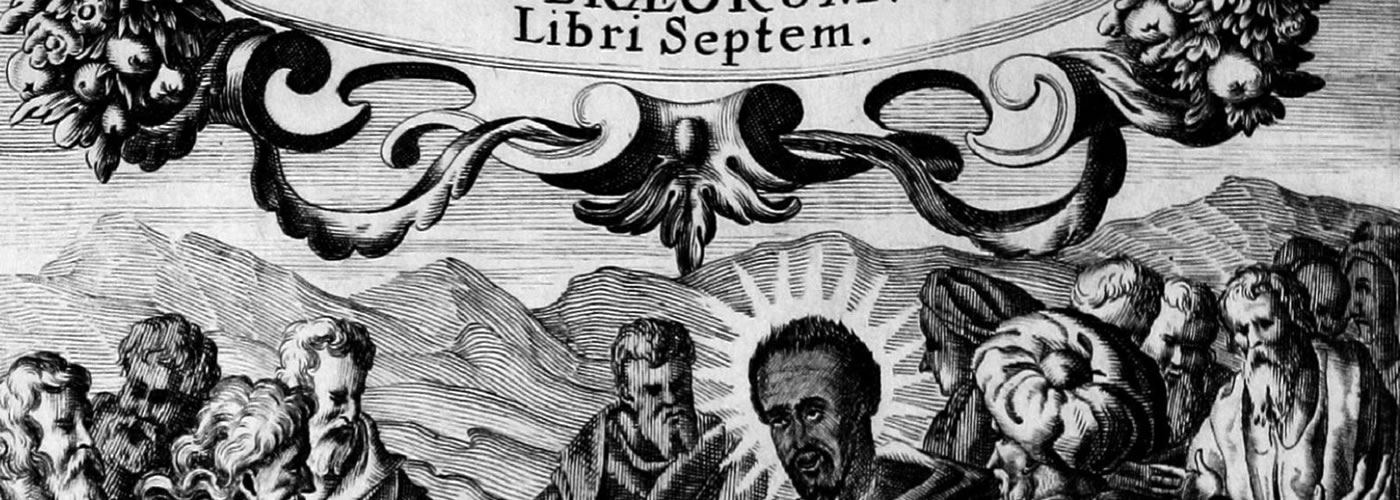
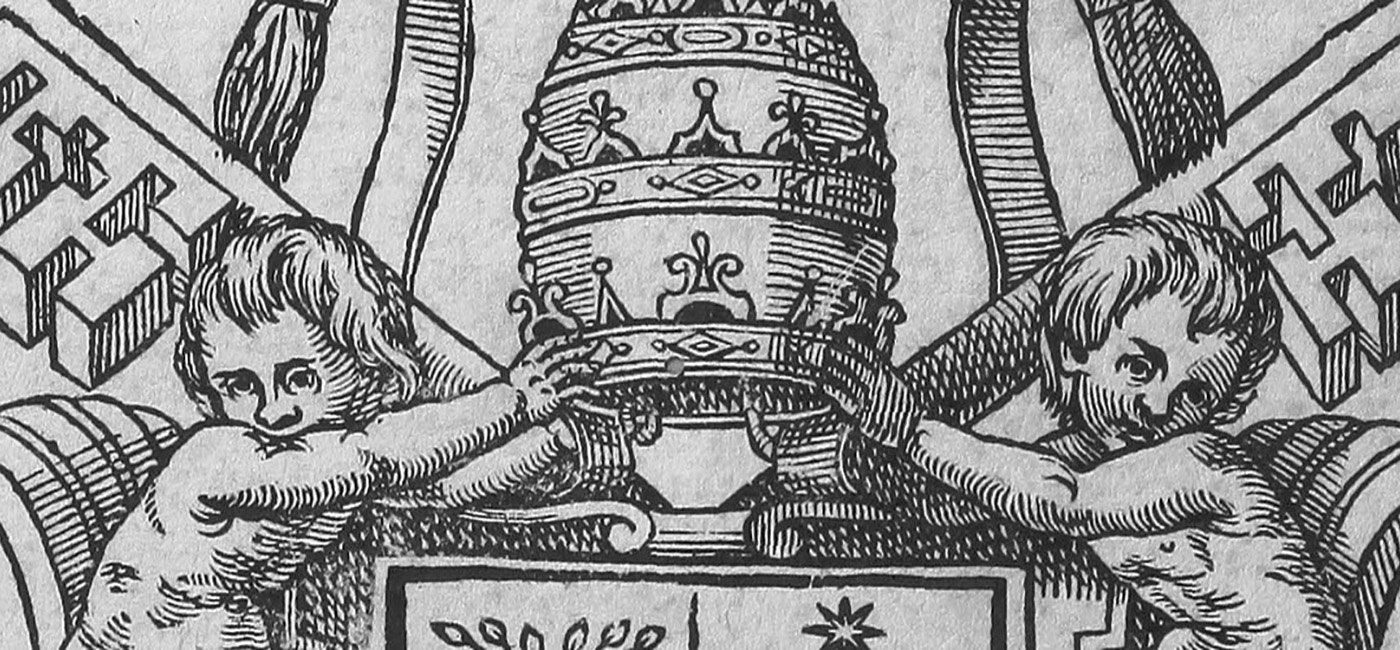
![D’Andrea, Giovanni. Arbor Consanguineitatis cum Suis Enigmatibus et Figuris. [Nuremberge], [1506].](/binaries/content/gallery/gale-us-en/banners/primary-sources/making-of-modern-law/gps_moml_foreign_primary_sources_p2_academic_banner.jpg)
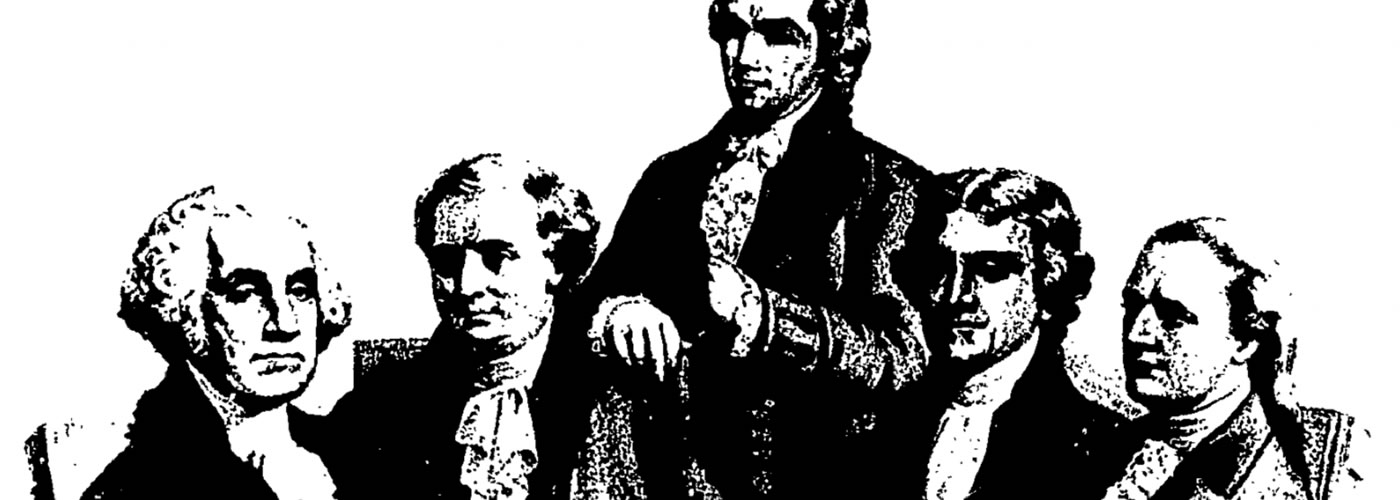
![Morrison, A. C., and California. Laws, Statutes, Etc. [From Old Catalog]. Water Code. Vol. 1. Primary Source Media, 1963.](/binaries/content/gallery/gale-us-en/banners/primary-sources/making-of-modern-law/gps_moml_primary_sources_p1_academic_banner.jpg)
